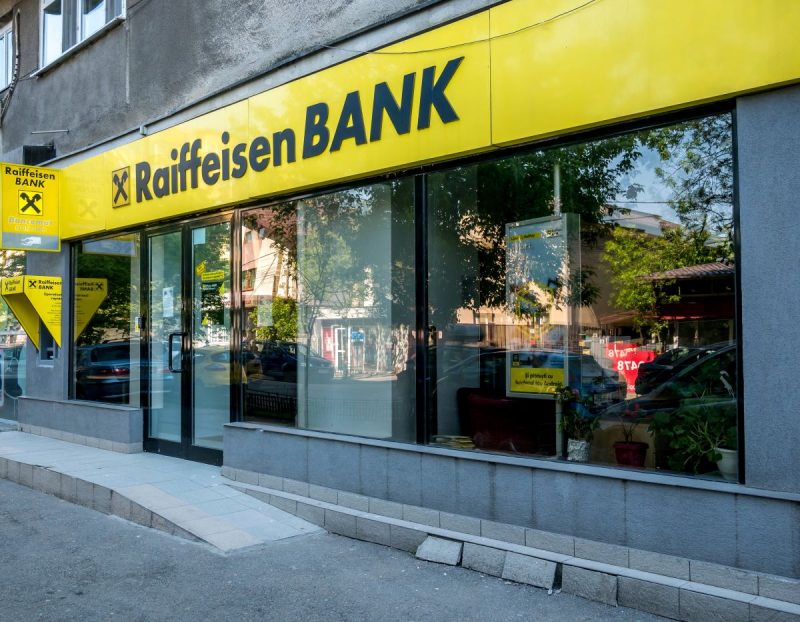Raiffeisen Bank. Source: Adobe / Cristi
Austria’s Raiffeisen Bank is set to launch crypto trading services in 2024, joining a slew of European banks breaking into the digital asset custody business.
The 130-year-old bank announced plans for the service in April upon signing a letter of intent to collaborate on the offering with with crypto trading platform Bitpanda. At the time, the bank claimed it would be the first traditional credit union in the European Union (EU) to include crypto within its digital investment offering.
At first, the service will only be offered to retail customers in Vienna, in contrast to other crypto-curious banks beginning with a focus on institutional clients. “We are starting in Vienna where about a quarter of Austria’s population lives,” said Curt Chadha, the bank’s head of innovation, in an interview with CoinDesk. He added:
“The customer can use their mobile device to enter Bitpanda through the Raiffeisen app. The experience will be familiar, so confirming a trade will work exactly like an account-to-account bank transfer with the same sort of security customers are used to.”
Raiffeisen Bank boasts 16.7 million customers across Austria and Central and Eastern Europe, supported by roughly 45,000 employees, according to its website. Its international business holds $224 billion in assets under management.
Its entry into crypto custody follows an announcement from Commerzbank earlier this month that the German banking giant became the first full-service bank in the country to receive a crypto custody license from regulators.
A week prior, Britain’s HSBC confirmed it would launch crypto custody for tokenized securities next year in partnership with the Ripple-owned digital asset custody firm Metaco.
The Importance of Regulation
Throughout the year, the continent’s lawmakers and regulators have helped clear a path for crypto as a regulated financial industry, creating a more welcoming environment for legacy financial players.
Raiffeisen Bank’s partner, Bitpanda, launched in 2014 with a focus on enabling traditional banks and Fintechs to launch stock, ETF, and crypto custody services within a regulated venue.
“Recent events have once again shown that regulatory compliance must not be seen as a barrier to growth,” stated BitPanda over X on Thursday. “We firmly believe that a collaborative approach to regulation is crucial for the long-term success of the crypto industry.”
Earlier this week, Binance was fined $4.3 billion by the U.S. Department of Justice for failing to comply with anti-money laundering requirements.
The post Vienna-Based Raiffeisen Bank Expands Services to Include Crypto Trading appeared first on Cryptonews.






